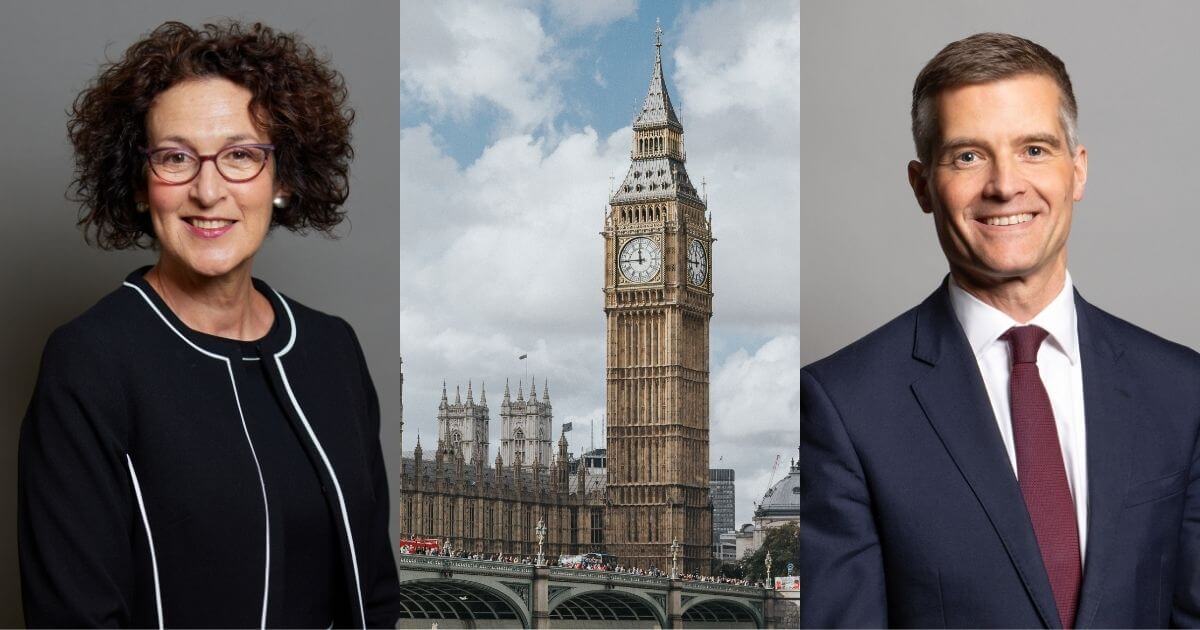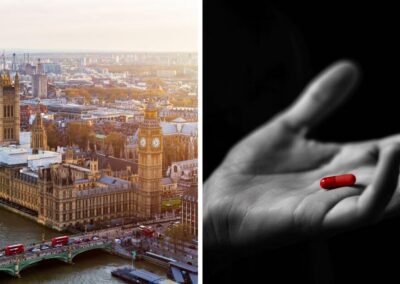A health minister has had to issue an apology and correction after saying the assisted suicide Bill was one “of the Government’s major priorities” despite the fact that the Government claims to be neutral on the Bill.
In answer to a written parliamentary question on 16 July, justifying the Department of Health and Social Care’s increased staffing costs, Baroness Merron, in her role as Parliamentary Under-Secretary in the Department of Health and Social Care, said “the Department’s staff numbers have needed to increase to ensure the right skills and capability to deliver several of the Government’s major priorities. These include the 10-Year Health Plan [and] the Assisted Dying Bill”.
Conservative peer Lord Harper subsequently tabled a follow-up question asking “which Minister took the decision to make the ‘Assisted Dying Bill’ a major priority of the Government, when they took that decision and why”.
However, last month, Baroness Merron had to issue a correction, saying that the assisted suicide Bill “should not have been referred to as a Government priority given the Government’s neutrality on the issue”.
The Baroness added that she “would like to apologise for any confusion”.
Assisted suicide Bill debated in the House of Lords
The formal correction emerged after MPs voted by 314 to 291 in favour of the Terminally Ill Adults (End of Life) Bill at Third Reading, amidst growing cross-party concern about the risks the Bill poses to vulnerable people.
This marks a significant drop in support for the Bill, which passed its Second Reading in November with a majority of 55 votes. By contrast, Third Reading saw the margin shrink to just 23 votes, with a number of MPs who previously supported the Bill voting against or abstaining.
Had an additional 12 MPs moved from supporting the Bill to opposing it at Third Reading, the Bill would have been defeated.
The Bill left the Commons lacking a majority, with fewer than half of all MPs voting for it at its final stage.
The Bill now faces an uphill battle to reach Royal Assent, with campaigners confident that it can be overturned given its continued loss of support.
More than 160 members are currently listed to speak at Second Reading on 12 September.
Spokesperson for Right To Life UK, Catherine Robinson, said “The Government’s alleged neutrality on the assisted suicide Bill was frequently called into question during the Committee stage of the Bill in the Commons. Despite the fact that a correction has been made, it hardly inspires confidence in the Government’s insistence on neutrality when a Minister speaking on its behalf says the assisted suicide Bill is among the Government’s ‘major priorities'”.












